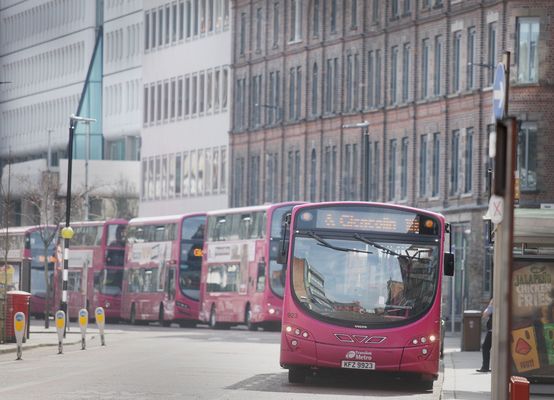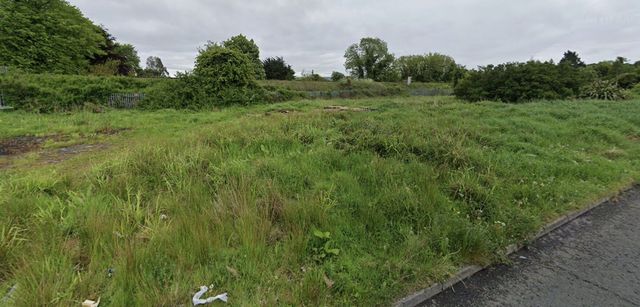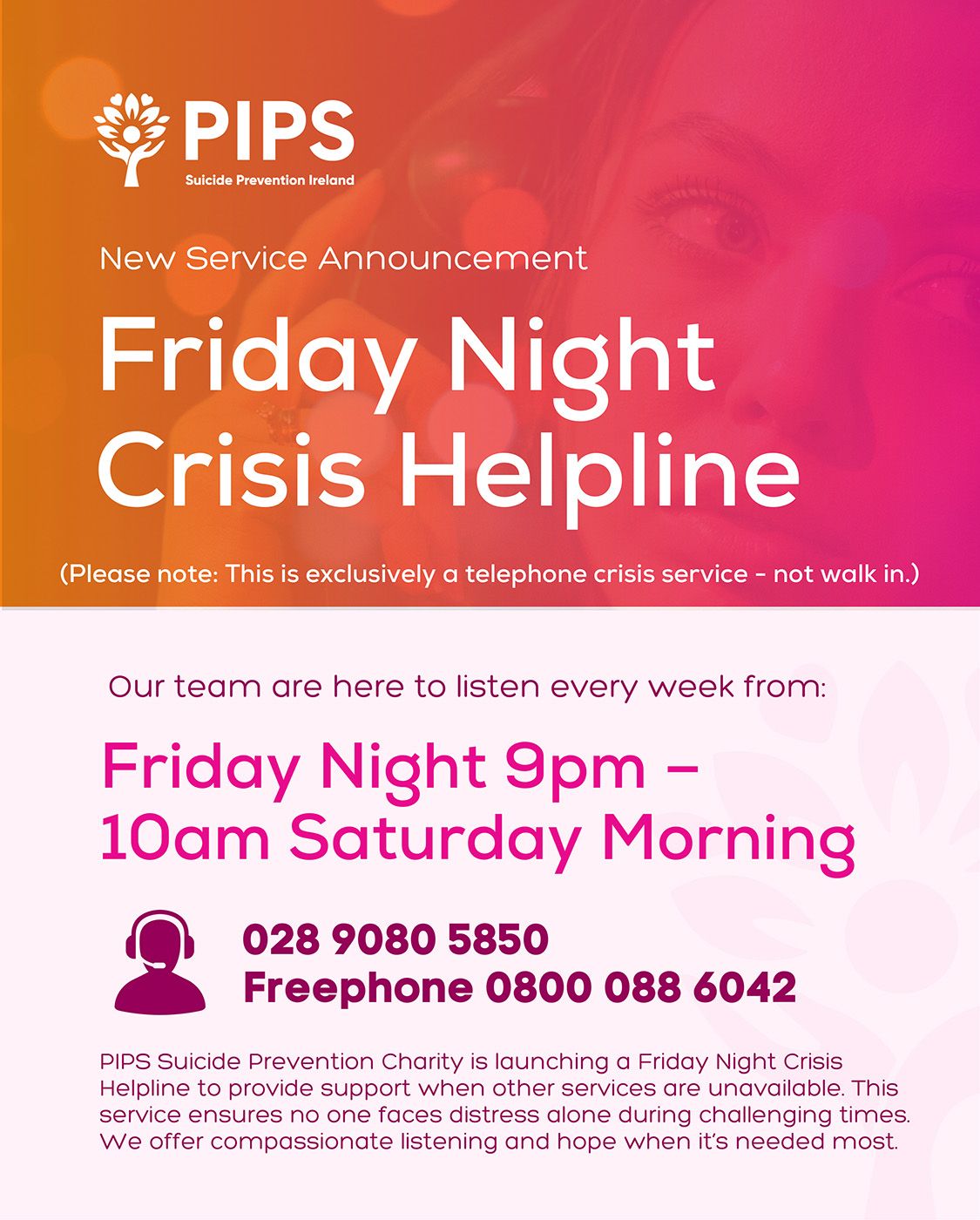A YOUNG Turf Lodge woman is the driving force behind a new business that's tackling the lack of charging facilities for electric vehicles (EVs).
23-year-old Maebh Reynolds, a recent Mechanical Engineering graduate from Queen’s University, has just completed the first all-Ireland survey on EV use. She founded GoPlugable with the aim of building an online network and charger-sharing ecosystem to enable EV owners to take advantage of available privately-owned chargers in their areas.
The survey indicated to Maebh and her team that many EV users – and just as importantly those considering switching to an EV – are concerned over poor public charging infrastructure, with 28 per cent saying they had considered switching back to petrol- and diesel-drive vehicles as a result.
GoPlugable hopes to offset that worry by delivering what Maebh said will be "the Airbnb of EV home charging".
“People are switching to EVs and the numbers are growing, for the first time we’re seeing sales of EVs surpass sales of petrol/diesel cars," she said. "The problem we’re seeing is the public infrastructure isn’t keeping up at the same rate, but people do have the ability to have charging ports in their homes.
“Our idea is to help people make some money by being able to rent out their charging spaces to other users, who will all be located in the app. So if you’re out somewhere new and you need to charge your car you can look up someone on the app and head there to charge your vehicle.
“We want to make the charging more accessible, convenient and affordable for everyone. We would describe it as the Airbnb of EV home charging. Everything is done through the app so it makes the whole thing a really easy experience to navigate."
#MustRead: Electric vehicle (EV) charging network start-up @goplugable was named the overall winner of the 2023 Invent awards. https://t.co/YUlzr2XiTB
— Silicon Republic (@siliconrepublic) September 22, 2023
Maebh explained that GoPluggable will help to assuage fears EV users have of not being able to find a suitable charger on their travels, as via the app they will be able to find one wherever they go.
“In the survey we did we found that most EV drivers know their local area and city and know where all the EV charging points are but when it comes to travelling then there will be worry about charge points and how they’ll manage it," Maebh continued.
“Our survey was the first time an all-island survey of what people thought about EV use and charging had been undertaken in Ireland. It revealed really hopeful things: people were saying they wanted to live more sustainable lifestyles. Some figures, though, show there is still a lot of work to be done to ensure there is enough infrastructure to make the transition to EVs as seamless as possible for people.
“We’re working hard at the trials and working with people already on the charging network so we can really refine it to make it what it needs to be, we’re really looking forward to launch.”
Our first-ever All-Island EV Survey, conducted in association with @IEVAsso & @nievowners uncovers some startling truths about the state of electric mobility in Ireland. Download: https://t.co/1WGXOd52Rz
— GoPlugable (@goplugable) October 26, 2023
Addressing those who are not yet willing or ready to make the switch to an EV, Maebh said that while the cut-off deadline for fossil fuel-driven vehicles is fast approaching, there's still time for drivers to make the make the switch with as little difficulty as possible.
“For me at least I think there’s still ten years before if you're buying a new vehicle it has to be an EV. It doesn’t suit some people right now due to the range of vehicles but they are improving. Some people who aren’t tech-orientated might find it hard to get used to the apps and charging points but we want to make sure that when people are making the switch that it is as painless as possible.”






